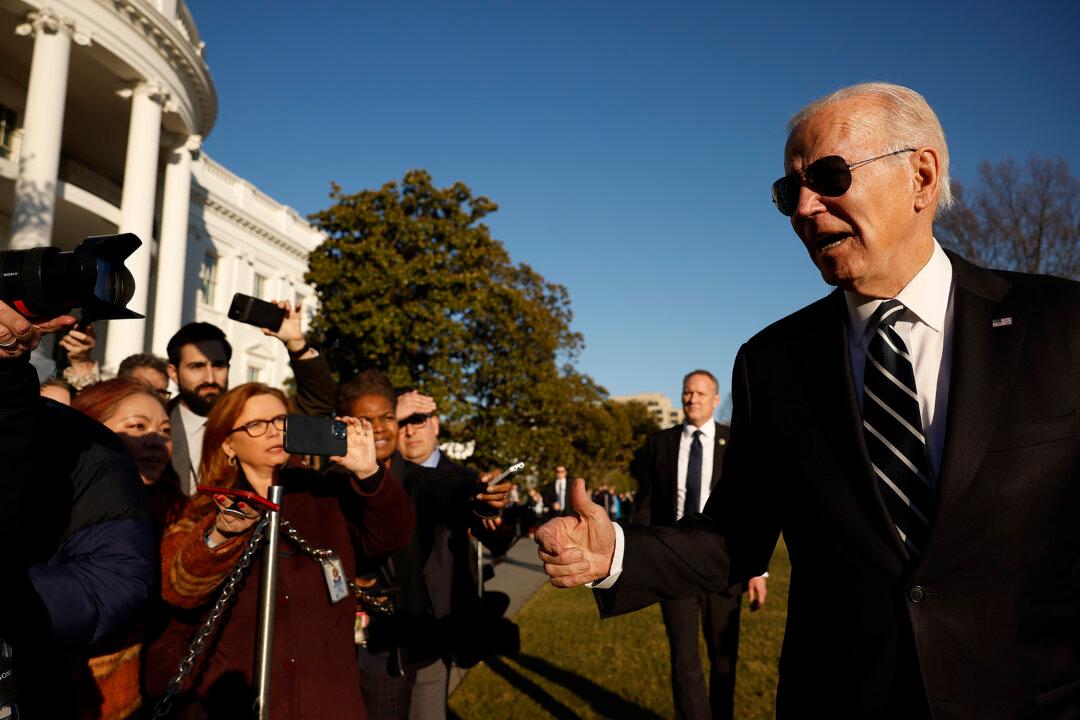President Joe Biden on Jan. 31 announced nearly $1.2 billion in mega grants for a series of infrastructure projects, including $292 million to build a new rail tunnel beneath the Hudson River between New York and New Jersey, which comes amid a government borrowing limit standoff with Republicans who are pushing for spending curbs.
The Department of Transportation (DOT) said in a release that Biden has announced that nearly $1.2 billion has been awarded from the National Infrastructure Project Assistance (Mega) discretionary grant program for a total of nine projects nationwide.





